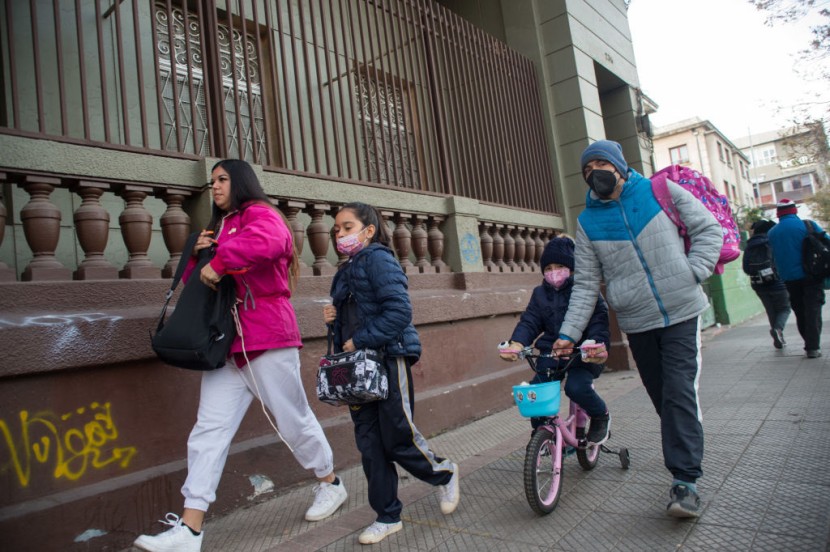The first long-acting medication to shield infants and toddlers from a respiratory virus that sends tens of thousands of American youngsters to the hospital each year was approved by US officials on Monday.
For the majority of healthy people, RSV is a bothersome cold-like illness, but it can be fatal for the very young and the elderly. For newborns and young children up to the age of two who are at a heightened risk of developing severe RSV, the Food and Drug Administration has approved the injection.
AstraZeneca's Vaccine

RSV cases spiked last year, flooding American hospitals with wheezing kids. Although Pfizer and other businesses are working on them, there are currently no vaccinations for infants, according to AP News.
The medication from AstraZeneca, to be marketed under the trade name Beyfortus, is a synthetic version of an antibody that supports the immune system's defense against RSV.
According to the FDA's approval, infants, including premature ones, can get one shot to prevent their first RSV season, which normally lasts for roughly five months. A second dosage can be given to children as young as 2 years old to protect them during the virus' second season.
Beyfortus, which Sanofi will market in the US, has previously received approval in the UK, Canada, and Europe. Sanofi delayed announcing the treatment's cost in the United States.
Based on three trials that showed Beyfortus reduced the incidence of RSV infection by between 70% and 75% in infants and children 2 and younger, the FDA authorized the medicine.
CDC To Decide Who Must Receive the Medication
Early next month, advisors to the Centers for Disease Control and Prevention will meet to discuss precisely who should receive the medication.
The FDA granted approval for a comparable antibody medication more than 20 years ago, but it is only advised for high-risk pregnancies and necessitates monthly injections. Pediatricians claim that the medication is underused and that AstraZeneca's shot's longer-lasting effects will increase absorption.
Each year, RSV causes roughly 58,000 children under the age of five to be hospitalized, and several hundred of them pass away. Drugmakers made significant progress this year, releasing the first RSV vaccinations, after decades of research disappointments.
The FDA authorized two RSV vaccinations from GlaxoSmithKline and Pfizer for older individuals in May. The FDA is anticipated to decide in August whether to approve Pfizer's vaccine for expectant mothers, which aims to safeguard their unborn children.
Read Also: Moderna RSV Vaccine 84% Effective Against Disease in Older Adults
RSV in Children
Respiratory syncytial virus (RSV) is a common respiratory virus that can cause cold-like symptoms in people of all ages. However, it is most serious in infants and young children. RSV can cause bronchiolitis, an inflammation of the small airways in the lungs, and pneumonia, an infection of the lungs. RSV is spread through respiratory droplets produced when an infected person coughs or sneezes.
These droplets can land in the mouths or noses of people who are nearby or be inhaled into the lungs. RSV can also be spread through contact with contaminated surfaces.
Most children who get RSV make a full recovery. However, some children may have long-term health problems, such as asthma or chronic lung disease.
Related Article: Measles, RSV Outbreaks Combine To Force Pediatric Units Into Critical Status
© 2026 HNGN, All rights reserved. Do not reproduce without permission.








